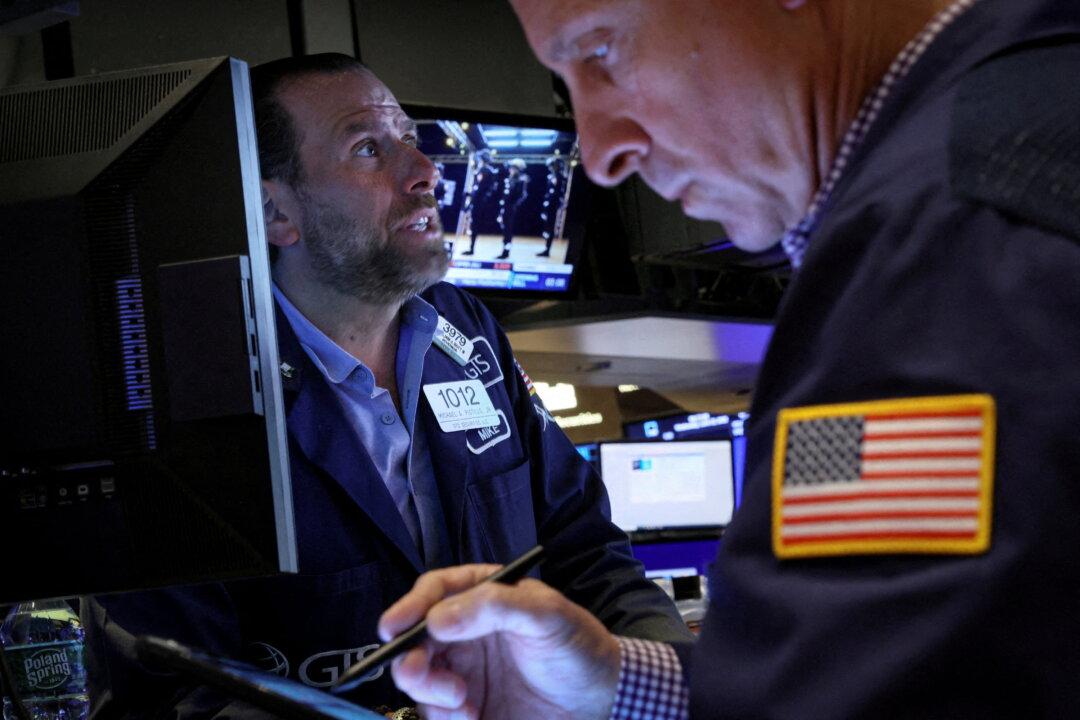America’s recessionary drumbeat just got louder as a key economic gauge from the Conference Board dropped for the fifth month in a row, weighed down by a slowing job market, weak manufacturing new orders, and deep consumer pessimism.
The Leading Economic Index (LEI) for the United States, which is a forward-looking gauge designed to predict business cycle shifts including recessions, fell by 0.4 percent in July, following a 0.7 percent drop in June, the Conference Board said on Aug. 18.





